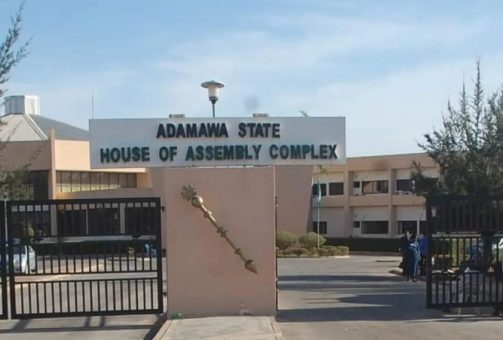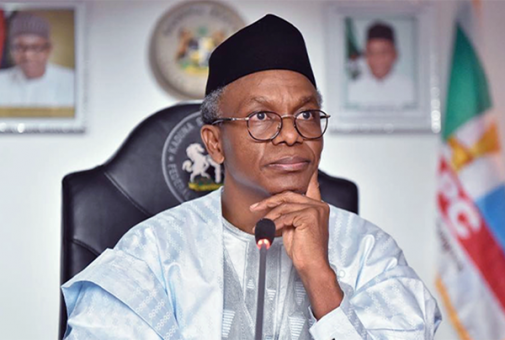
In a significant stride towards advancing its energy infrastructure, Nigeria has embarked on a transformative journey to bolster its power grid with state-of-the-art equipment. The move signals a pivotal moment in Nigeria’s pursuit of reliable electricity supply, aiming to address longstanding issues of power shortages and irregularities that have hampered economic growth and development across the nation.
With a population exceeding 200 million people, Nigeria faces immense pressure to meet the rising energy demands of its citizens and industries. Historically, the country has grappled with an unreliable power grid plagued by inefficiencies, aging infrastructure, and insufficient capacity. As a result, frequent blackouts and voltage fluctuations have become all too common, hindering productivity and stifling socio-economic progress.
Recognizing the urgency of the situation, Nigerian authorities have embarked on an ambitious plan to revitalize the nation’s energy sector. Central to this endeavor is the deployment of new and upgraded equipment throughout the power grid infrastructure. These investments encompass a wide array of technologies aimed at enhancing transmission efficiency, reducing losses, and ensuring stable electricity supply across the country.
One of the key components of this modernization effort is the installation of advanced transmission equipment such as high-capacity transformers, circuit breakers, and switchgear. These components play a vital role in the transmission and distribution of electricity, facilitating the smooth flow of power from generation sources to end-users. By replacing outdated equipment with modern, more reliable alternatives, Nigeria aims to minimize transmission losses and improve grid stability, thus enhancing the overall quality of electricity supply.
Furthermore, the integration of smart grid technologies is poised to revolutionize the way electricity is generated, transmitted, and consumed in Nigeria. Smart meters, sensors, and automation systems enable real-time monitoring of power flow, demand forecasting, and load management, empowering utilities to optimize grid performance and respond promptly to fluctuations in electricity demand. This proactive approach not only enhances operational efficiency but also helps mitigate the risk of system overloads and outages, ensuring a more resilient and responsive grid infrastructure.
Moreover, renewable energy sources, particularly solar and wind power, are being integrated into the grid to diversify Nigeria’s energy mix and reduce reliance on fossil fuels. The incorporation of clean energy technologies not only contributes to environmental sustainability but also enhances energy security by reducing dependence on imported fuels, thereby insulating the nation against volatile global energy markets.
The impact of these initiatives is already being felt across Nigeria, with improved power reliability and reduced instances of outages reported in many areas. Businesses are experiencing fewer disruptions, households are enjoying more consistent access to electricity, and overall economic productivity is on the rise.
However, challenges remain, and sustained efforts are needed to fully realize the potential of Nigeria’s power sector. Inadequate funding, policy uncertainties, and institutional reforms are among the obstacles that must be overcome to ensure the continued progress of the grid modernization agenda. Additionally, ensuring affordability and accessibility of electricity for all segments of society remains a paramount concern, requiring targeted interventions and inclusive policies.
Nevertheless, Nigeria’s commitment to strengthening its power grid with new equipment marks a significant milestone in the nation’s quest for energy security and economic prosperity. By embracing innovation, investing in infrastructure, and fostering partnerships with the private sector and international stakeholders, Nigeria is poised to unlock its vast energy potential and usher in a new era of growth and development for the benefit of its people and the entire region.







